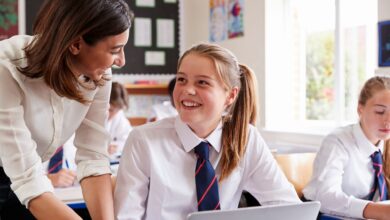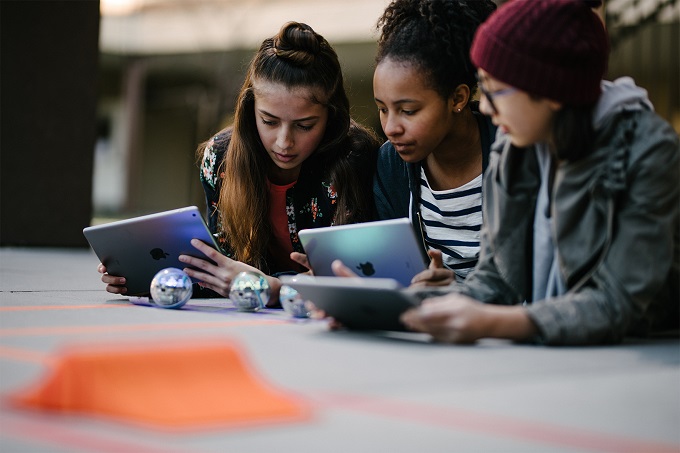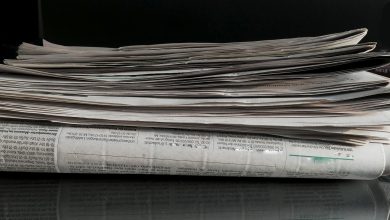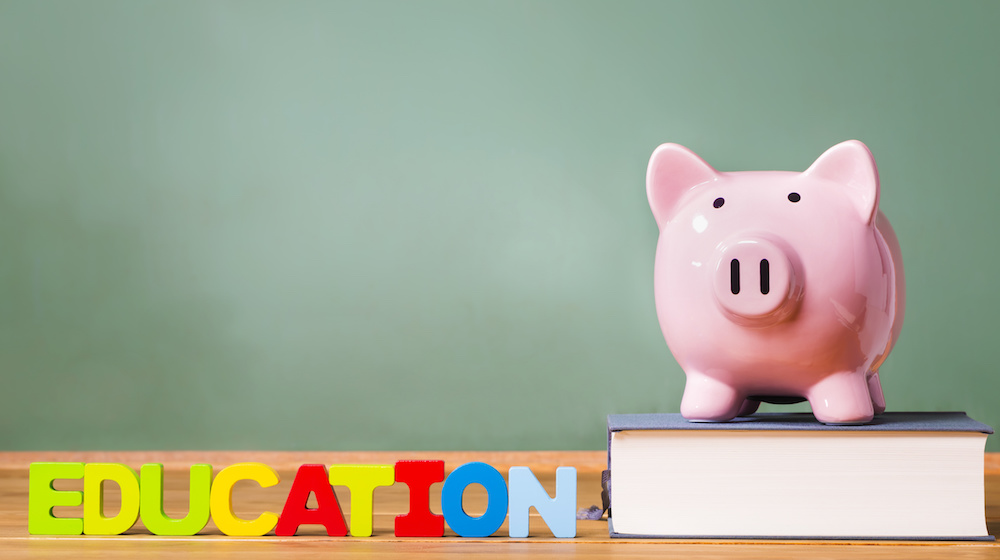Tools of the trade in a special needs classroom

Teaching aids may help educators meet their obligations for inclusive education.
The path towards a truly inclusive education in Australia is one that is still being travelled.
Despite the best intentions of legislators and educators, experts warn that a lack of funding, resources and training are barriers to Australia meetings its obligations on the rights of the child.
However the rise of technology and a plethora of teaching aides and classroom resources may provide some assistance to teachers in the quest to support special needs students.
Teaching aides and resources are coming under the spotlight as effective ways to enhance the learning potential of students with a range of disabilities.
Educators have an obligation under various international conventions and Commonwealth legislation to ensure students with disability are given the same access to education and the same ability to participate.
Australia is a signatory to the United Nations Convention on the Rights of People with Disability 2008, which outlines education as a basic right.
The Federal Government’s Disability Standards for Education 2005 also sets out the obligations of educators to provide an inclusive education for students with disability.
In meeting the educational needs of students with disability, individual states and territories vary in their approaches which may include:
- Enrolling special needs students in mainstream classes
- Modifying curriculum
- Providing teacher aides
- Holding special needs classes in mainstream schools
- Establishing special schools
Fully catering to the educational needs of students with a disability requires a rounded approach.
An Australian Research Alliance for Children and Youth Report Inclusive Education for Students with Disability offer an example of best practice for classrooms which includes providing alternative and adaptive curricula, inclusive pedagogy, quality teaching and individual planning.
Technological aides also rate special mention, with emphasis placed on the learning potential enabled by such innovations.
Assistive technologies – particularly those tailored to the physical and intellectual uniqueness of students – have been found to aid academic success, according to the report.
An issues paper by Dr Kathy Cologon, also noted “inadequate materials” as a setback to inclusive education along with a lack of planning time, inadequate education, professional development and insufficient personnel.
However Dr Cologon warns against placing too much emphasis on resources over other factors.







